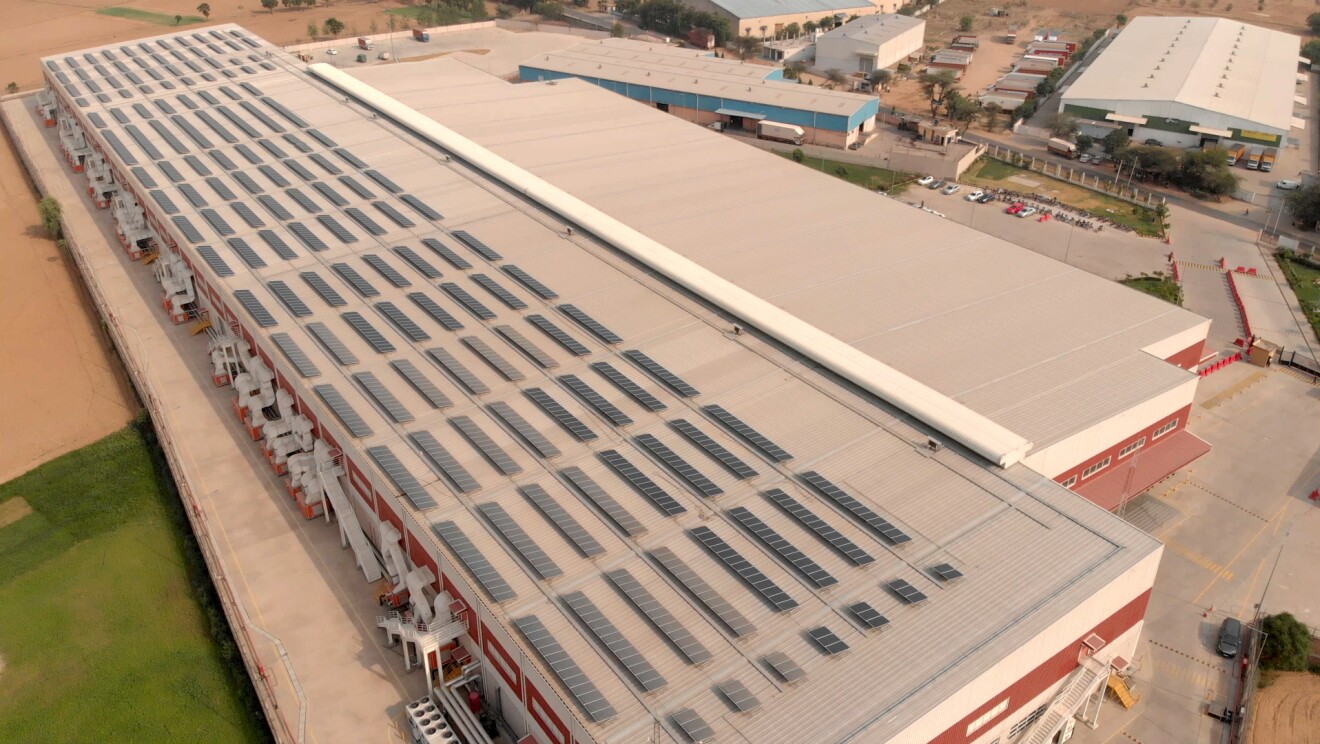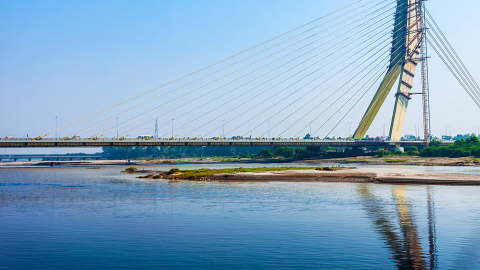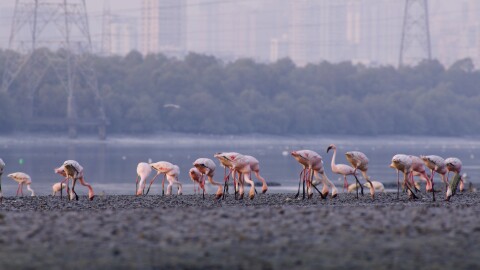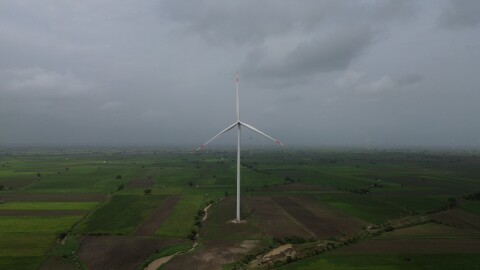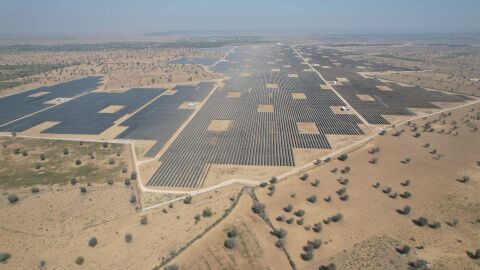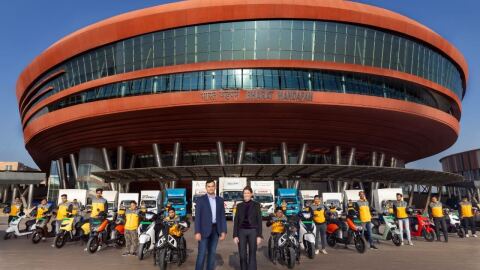Amazon India today announced that it has achieved a significant milestone in its efforts towards sustainability by eliminating all single-use plastic in packaging originating from its 50+ fulfilment centers in India. In September 2019 the company had pledged to meet this goal in an accelerated timeframe by June 2020, in an effort to build an environmentally sustainable supply chain.
Amazon India has taken several steps to achieve complete elimination of single-use plastic in its own fulfilment network. The first milestone towards this goal was achieved in December 2019 when the company replaced plastic packaging material, such as bubble wraps and air pillows, with ‘paper cushion’ in its packaging. The company then introduced 100% plastic-free and biodegradable paper tape earlier this year, which is used to seal and secure customer shipments. Additionally, the company has replaced thin cling films for customer deliveries among other material with packaging options that are not single-use plastic in nature. All other plastic packaging material originating from the Amazon Fulfilment Centers is 100% recyclable through available collection, segregation and recycling channels. Amazon India continues to educate sellers, who directly fulfil customer orders, to join in this directional change in packaging.
Amazon India has carried out several pilots while developing innovative single-use plastic-free solutions, to gauge the in-transit strength of its packaging. The company has also collaborated with manufacturers to design sustainable packaging innovations to minimize waste in packaging. The pilots have enabled the company to make significant steps towards it sustainability goals without impacting the customer experience or product safety.
'Relentless journey towards building a sustainable supply chain'
Prakash Kumar Dutta, Director, Customer Fulfilment & Supply Chain, Amazon India said, “The elimination of single use plastic in our packaging across our fulfilment centers marks an important milestone in our relentless journey towards building a sustainable supply chain. Our aim is to minimize environmental impact while elevating customer experience. While navigating through unprecedented challenges with the lockdown and pandemic in the last few months, we have continued to take progressive steps towards ensuring that we meet our commitment. We strongly believe that moving towards sustainable practices is good for the planet, the customers and the business, and we will continue to invest and innovate on this front.”
We strongly believe that moving towards sustainable practices is good for the planet, the customers and the business, and we will continue to invest and innovate on this front.
Earlier this month, the company announced that it has expanded its India-first initiative, Packaging-Free Shipping (PFS) to over 100 cities, and now more than 40% of Amazon customer orders shipped from Amazon India’s Fulfilment centers are now either packaging-free or have significantly reduced packaging. The company has also been collecting and recycling plastic waste equivalent to its usage at a national level from September 2019, and has identified collection agencies to help collect equivalent
100% plastic waste generated from usage across Amazon fulfilment network.
Progress towards reaching The Climate Pledge
Visit Amazon’s sustainability website for information and sustainability metrics that share the progress the company is making towards reaching The Climate Pledge. Earlier in June 2020, Verizon, Infosys, and Reckitt Benckiser (RB) signed The Climate Pledge, to join Amazon in meeting the Paris Agreement 10 years early to address the climate crisis right away. The goals, commitments, investments, and programs build on Amazon’s long-term commitment to sustainability through existing innovative programs, including Shipment Zero – Amazon’s vision to make all shipments net zero carbon, with 50% net zero carbon by 2030; sustainable packaging initiatives like Frustration-Free Packaging and Ship in Own Container, which have reduced packaging waste by 25% since 2015; renewable energy programs; investments in the circular economy with the Closed Loop Fund; and numerous other initiatives happening every day and led by teams across Amazon.



